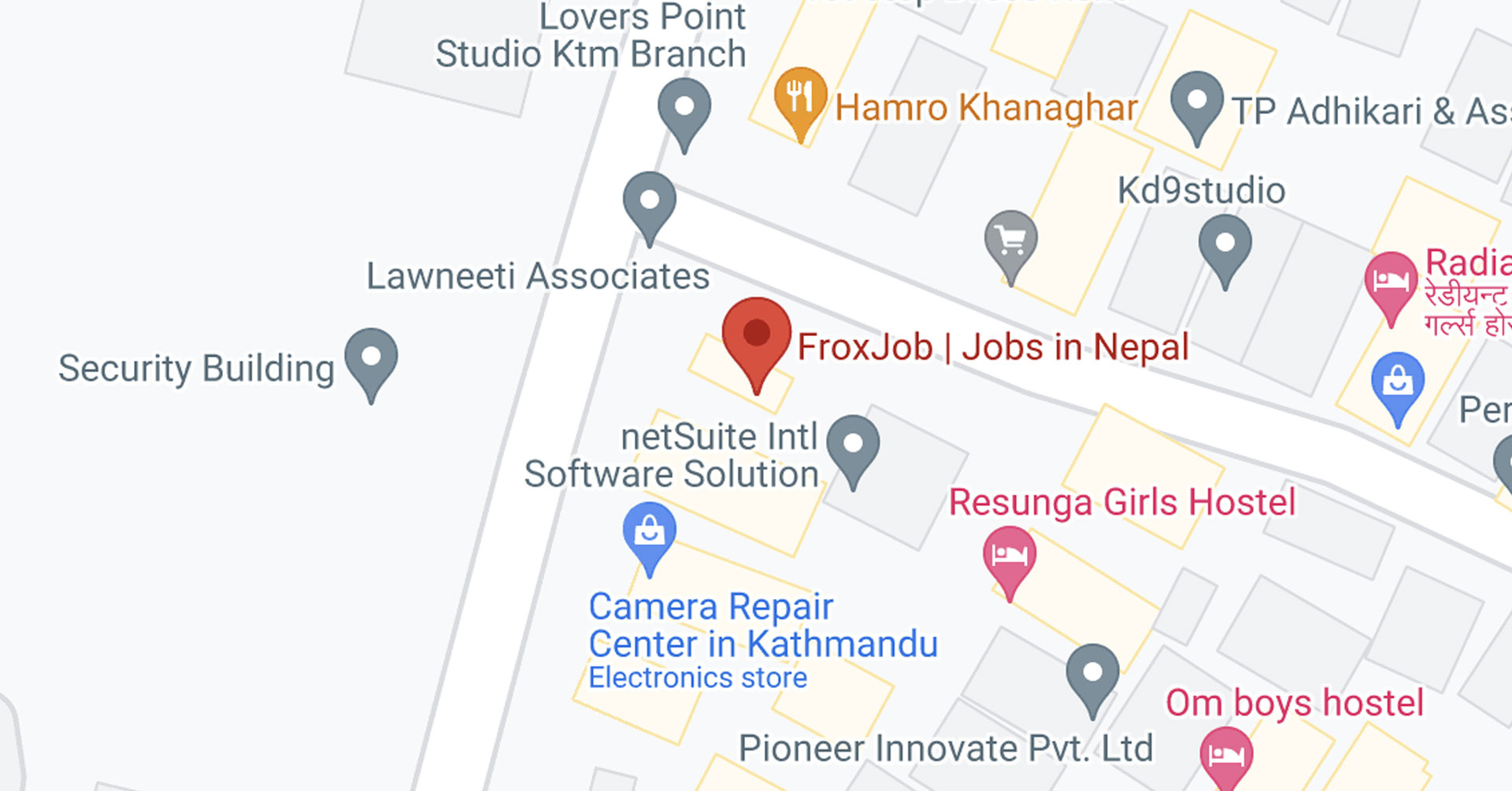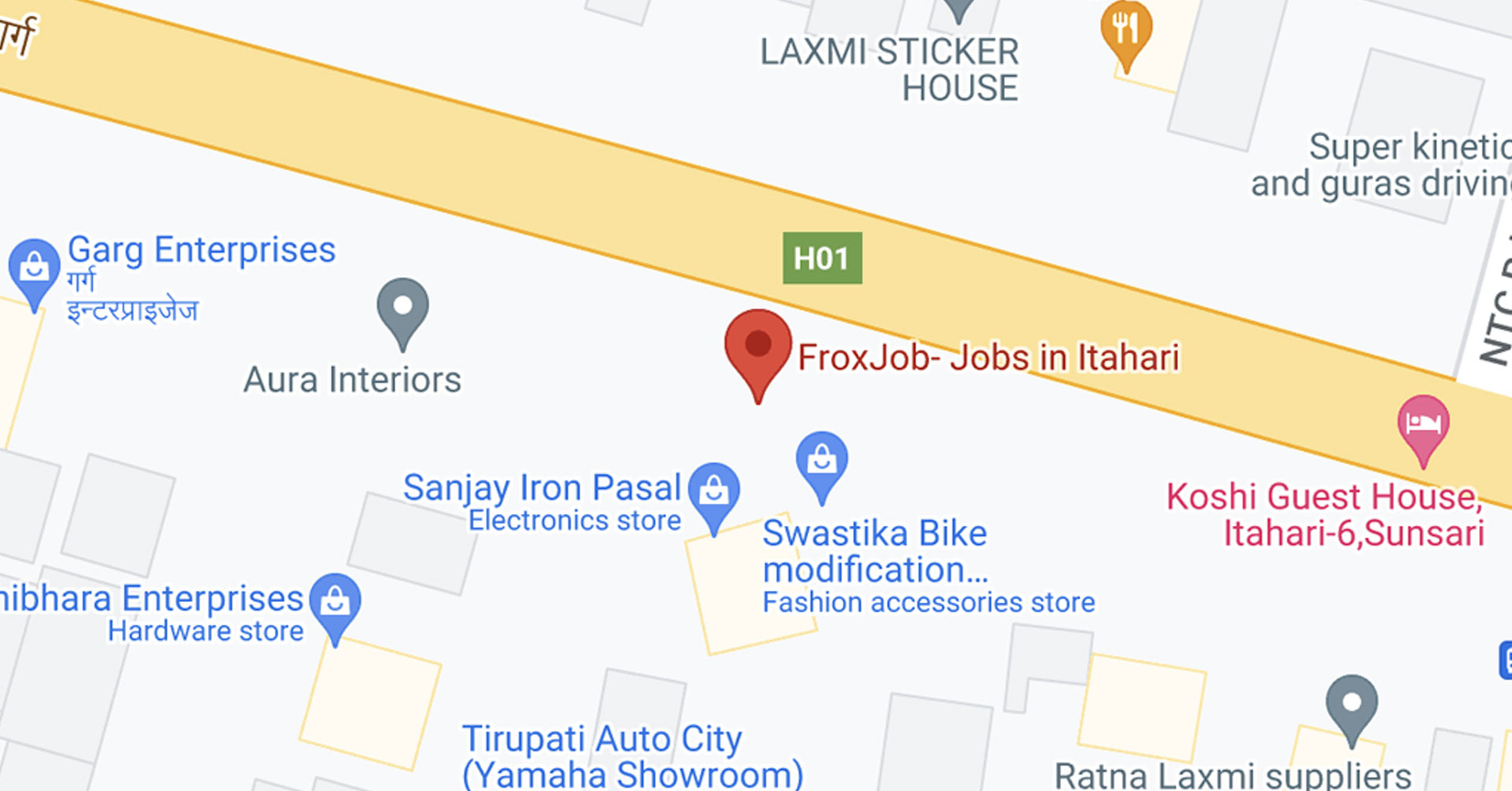Understanding Behavioral Interview

Understanding Behavioral Interview: A Complete Guide
Behavioral interviews have become one of the most widely used methods in modern recruitment. Employers rely on them to evaluate not just technical skills but also the personality traits, decision-making abilities, and past behaviors that reveal how candidates are likely to perform in future roles. In this guide, we provide a comprehensive breakdown of behavioral interviews, their importance, common questions, and strategies to prepare effectively.
What Is a Behavioral Interview?
A behavioral interview is a structured method of assessment where candidates are asked to share examples from past experiences to demonstrate specific skills or competencies. The idea is that past behavior is the best predictor of future performance.
Instead of hypothetical questions, employers ask for real examples that highlight how a candidate has managed challenges, solved problems, or worked in teams. For instance, instead of asking "How would you handle conflict at work?" an interviewer may ask, "Tell us about a time you had a conflict with a colleague and how you resolved it."
Why Behavioral Interviews Matter
Behavioral interviews are valuable because they:
- Reveal character and personality traits: They help employers see how a candidate thinks and acts in real-world situations.
- Test soft skills: Communication, adaptability, leadership, and teamwork are often evaluated.
- Provide evidence of competencies: Unlike hypothetical answers, behavioral responses rely on actual experiences.
- Reduce bias in hiring: Structured questions ensure fairness across all candidates.
Employers use behavioral interviews to predict long-term success and to assess cultural fit within the organization.
The STAR Method: The Foundation of Strong Answers
One of the most effective techniques for responding in a behavioral interview is the STAR method.
- Situation: Describe the context of the story.
- Task: Explain your responsibility or challenge.
- Action: Detail the steps you took to address the situation.
- Result: Highlight the outcome and what you learned.
Example:
Question: "Describe a time you led a project under a tight deadline."
Answer (STAR Method):
- Situation: Our team was tasked with completing a client project in two weeks, half the usual time.
- Task: As the project lead, I needed to organize resources and set priorities quickly.
- Action: I broke down tasks into smaller units, delegated based on strengths, and held daily check-ins to track progress.
- Result: The project was completed one day early, and the client extended our contract.
This structure ensures answers are clear, concise, and impactful.
Common Behavioral Interview Questions
While questions vary by industry and role, here are some of the most frequently asked categories:
1. Teamwork and Collaboration
- Tell us about a time you worked in a team to achieve a goal.
- Describe a situation where you had to work with someone whose personality differed from yours.
2. Problem-Solving and Decision-Making
- Share an example of a problem you faced and how you solved it.
- Describe a time you made a difficult decision and the outcome.
3. Leadership and Initiative
- Talk about a time you took the lead on a project.
- Give an example of how you motivated others.
4. Conflict Management
- Tell me about a time you disagreed with a colleague and how you resolved it.
- Share an experience where you managed conflict within your team.
5. Adaptability and Flexibility
- Describe a time when priorities changed suddenly and how you handled it.
- Tell us about a situation where you had to quickly learn a new skill.
6. Time Management and Organization
- Provide an example of how you managed multiple tasks under pressure.
- Share a time when you missed a deadline. What did you learn?
How to Prepare for a Behavioral Interview
Preparation is essential for success in behavioral interviews. Below are steps to build confidence:
- Analyze the job description: Identify the key skills and competencies the employer values.
- Reflect on past experiences: Prepare real examples from work, school, or volunteer roles.
- Practice with the STAR method: Structure your stories to ensure clarity.
- Anticipate common questions: Write down examples for teamwork, leadership, and conflict.
- Be concise but detailed: Avoid vague answers and focus on specific outcomes.
- Highlight achievements with metrics: Employers value quantifiable results. For example, "increased sales by 15%" or "reduced errors by 30%."
Mistakes to Avoid in Behavioral Interviews
Even strong candidates can fall short if they make common mistakes. Here are pitfalls to avoid:
- Being too vague: General statements do not demonstrate ability.
- Overloading with details: Keep answers focused and relevant.
- Failing to show results: Employers want to know the outcome of your actions.
- Using hypothetical scenarios: Always draw from real experiences.
- Not preparing enough examples: Relying on one or two stories can limit your effectiveness.
Behavioral Interview in Remote and Hybrid Workplaces
With the rise of remote work, employers often include behavioral questions related to virtual collaboration, self-motivation, and digital communication. Examples include:
- How do you stay motivated when working independently from home?
- Tell us about a time you managed a virtual team or worked across different time zones.
- Describe how you ensure effective communication when working remotely.
Preparing for these scenarios shows adaptability to modern workplace demands.
Advanced Tips for Mastering Behavioral Interviews
To stand out in competitive roles, consider these strategies:
- Develop a story bank: Prepare 8–10 diverse examples covering teamwork, leadership, conflict, and achievements.
- Align with company values: Research the employer’s mission and demonstrate cultural alignment.
- Show growth: Highlight not just results but also lessons learned and improvements made.
- Stay authentic: Employers value honesty and self-awareness more than rehearsed answers.
- Record practice sessions: Reviewing your tone and clarity can refine delivery.
Conclusion: Succeeding in Behavioral Interviews
Behavioral interviews are more than just a hiring tool. They are an opportunity for candidates to showcase skills, resilience, leadership, and adaptability through real-life stories. By preparing examples that reflect the competencies employers seek, structuring answers with the STAR method, and avoiding common mistakes, candidates can position themselves as strong, reliable, and results-driven professionals.





